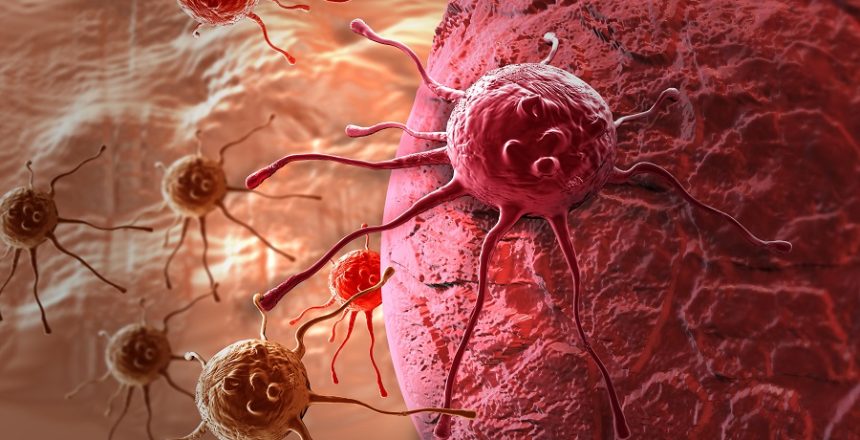Liquid biopsies are a rapidly evolving diagnostic technology with numerous labs offering commercially available tests today. Most labs have taken an approach of cell-free (cfDNA) (also called circulating tumor DNA, cfDNA) offering a variety genes and biomarkers. Innovation at GTC showed that cfRNA when combined with cfDNA provides more sensitive and specific approaches that is highly able to deliver new biomarkers and significantly expand the use of liquid biopsy testing.
A hot topic at the American Society of Clinical Oncology (ASCO) 2023 in Chicago was approaches to liquid biopsy and how to best utilize them in clinical practice. One of the main debates is a liquid only (tumor naïve) or tissue plus liquid (tumor-informed) approach to testing.
The tumor-informed approach involves using prior knowledge of the patient’s tumor tissue molecular characteristics to guide the analysis of liquid biopsy samples. Ideally, this tumor informed approach would be based off a baseline knowledge from a next-gen sequencing assay consisting of a targeted larger gene panel (>50 genes) or whole genome sequencing (WGS) that outline most common mutations in the sample. By incorporating this prior knowledge, the liquid biopsy assay can target specific genetic alterations associated with the tumor and provide more sensitive results. Subsequent testing using PCR for minimal residual disease (MRD) focuses on these major mutations but cannot detect new mutations that may evolve after therapy due to clonal heterogeneity or resistance to therapy. Subsequent testing using broad panels with deep NGS may detect new mutations at the same time detects previously documented mutations at significantly higher sensitivity and specificity.
GTC has taken an innovative approach by combining cfDNA and cfRNA that helps improve sensitivity and specificity and offers broader testing that cover both tumor-informed and tumor-naïve.
GTC currently supports a tumor-informed liquid biopsy approach and believe that it should be the standard whenever possible. However, when baseline sample is not available, GTCs approach using both cfDNA and cfRNA is the best approach to improve sensitivity and specificity.
GTC’s liquid biopsy (Liquid Trace) uses targeted DNA and RNA panels covering cancer-specific driver abnormalities. Because it is targeted testing, significantly deep sequencing can be achieved in cost-efficient fashion. cfRNA testing when added to cfDNA testing provides significantly higher sensitivity and specificity. Tumor-informed GTC liquid trace testing not only provides highly sensitive and specific MRD information, but also provides information on potential resistance and the mechanism of this resistance. Furthermore, the cfRNA provides highly informative data on various immunological and tumor biomarkers that can be combined with AI for better interpretation of results.If you would like to learn more about the combined cfDNA and cfRNA approach to liquid biopsy visit GTC’s Liquid Trace page.
.


